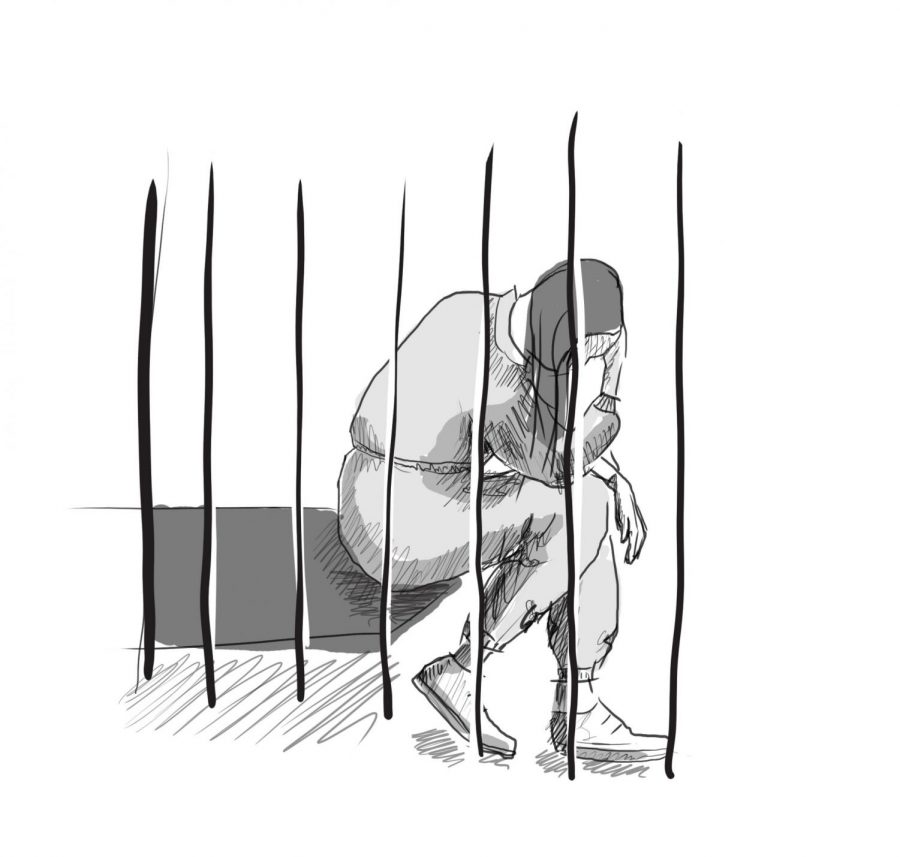The Huff About Felicity Huffman
September 26, 2019
The internet is abuzz with opinions, speculation and of course, memes, relating to the conviction of actress Felicity Huffman in the recent “Varsity Blues” scandal involving a number of top universities. Earlier this month, Huffman pled guilty to conspiracy to commit mail fraud and was sentenced to fourteen days in jail plus 250 hours of community service and was fined $30,000. She paid $15,000 to inflate her daughter’s SAT scores.
The general consensus of opinion is quite rightly one of outrage over the hypocrisy that the case demonstrates. For a good many, this hypocrisy stems from the fact that privileged individuals, especially white individuals like Huffman, indisputably face lighter punishment than their less privileged counterparts and people of color for similar crimes.

According to ABC News, a black single mother by the name of Kelley Williams-Bolar went to jail for nine days for using her father’s address to get her children into a better school district in 2011. According to the Los Angeles Sentinel, in 2012, Tanya McDowell, a homeless black mother, was given five years for a similar offense. Though McDowell’s case is much more complicated because it also involved drug charges, I would argue that all three of these cases are examples of a central theme: non-violent crimes relating to the school system in America and the consequences that go along with them.
Upon hearing about this story, my first instinct was to lament Huffman’s lenient sentence. I felt as though the system had failed yet again, and another middle-aged celebrity soaked in white privilege had escaped justice. But upon further reflection, I’m no longer sure my bloodthirsty instincts were on the right track.
It occurred to me that calling for harsher sentencing for Huffman, or spitefully wishing that she would “get what she deserves,” simply legitimizes the way in which the criminal justice system has dealt with less high profile cases. If we keep channeling our outrage into calls for harsher sentencing, we are substantiating the idea that harsh sentencing is the answer to these sorts of crimes. How exactly would Felicity Huffman spending more time in jail help single working mothers like McDowell and Williams-Boler? Though it satisfies our longing to be “woke” in the face of a world full of systematic racism, bias and hypocrisy, simply calling for harsher sentencing without understanding its implications isn’t social justice. Instead, this kind of response is shortsighted and is generally more about our own frustrations than the issues we hope to promote.
So, what exactly is the value of talking about the Huffman conviction and the “Varsity Blues” conspiracy? I feel that its value lies in the avenues that it has opened for talking about how non-violent crimes are treated in America. If, as seems the consensus, everyone who commits a crime should be held to the same standard, we first need to have a serious conversation about what that standard should be.





